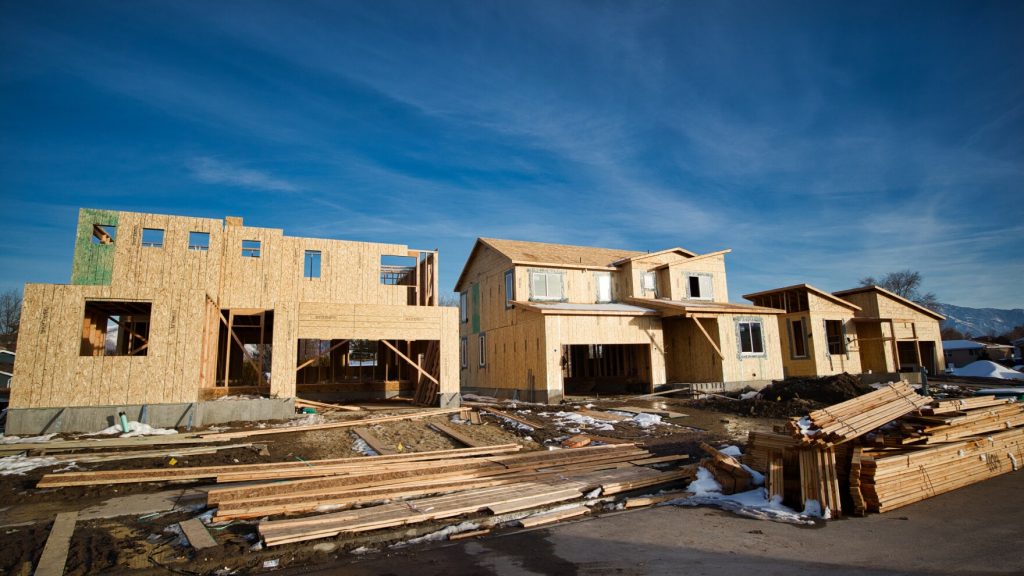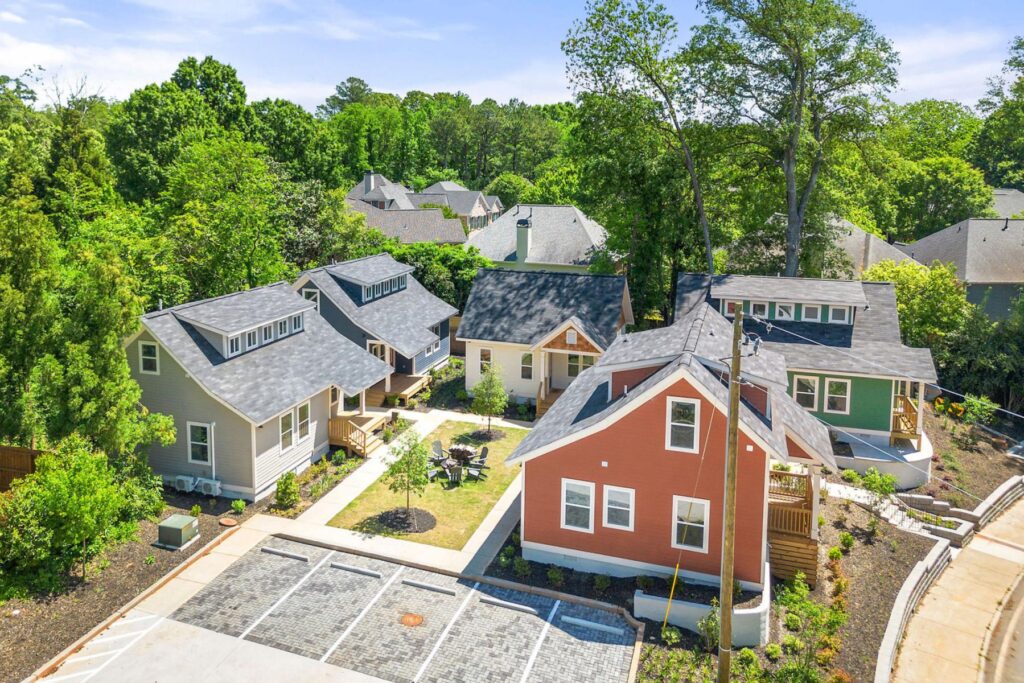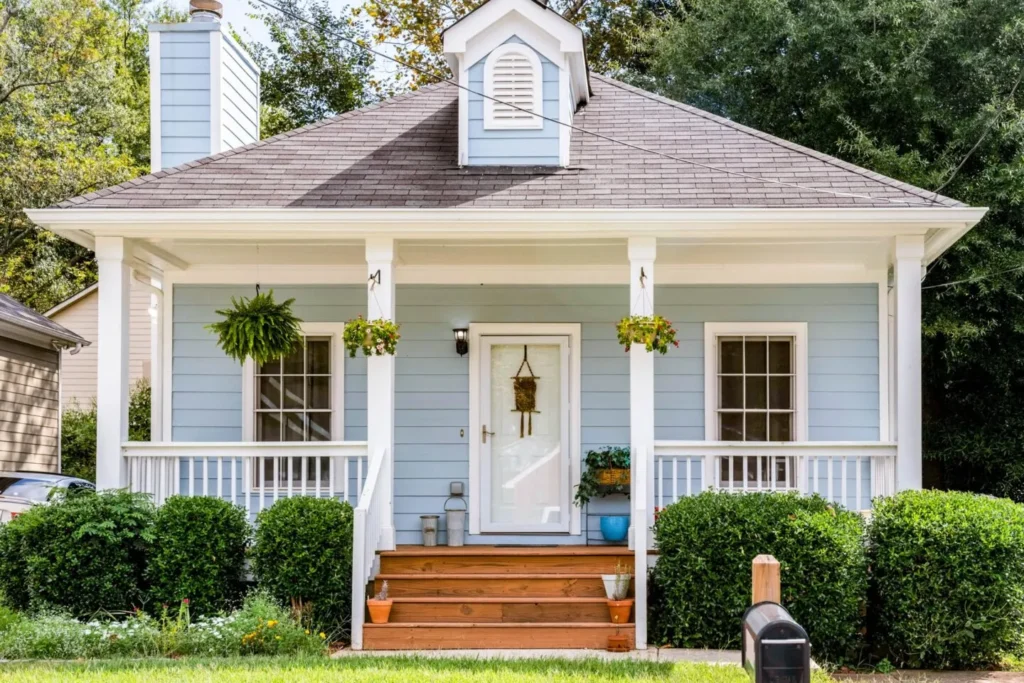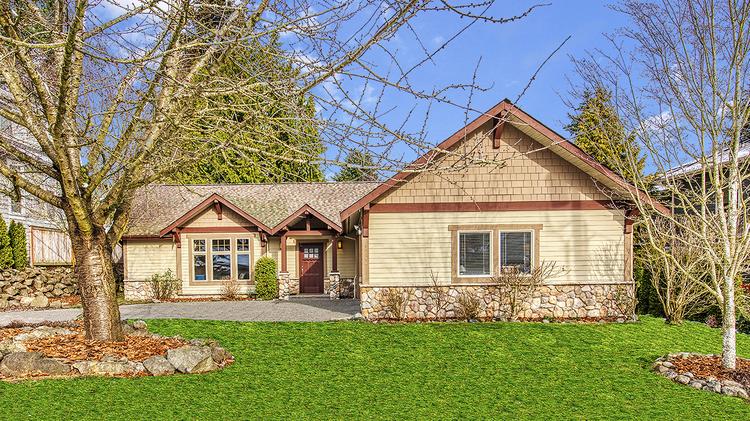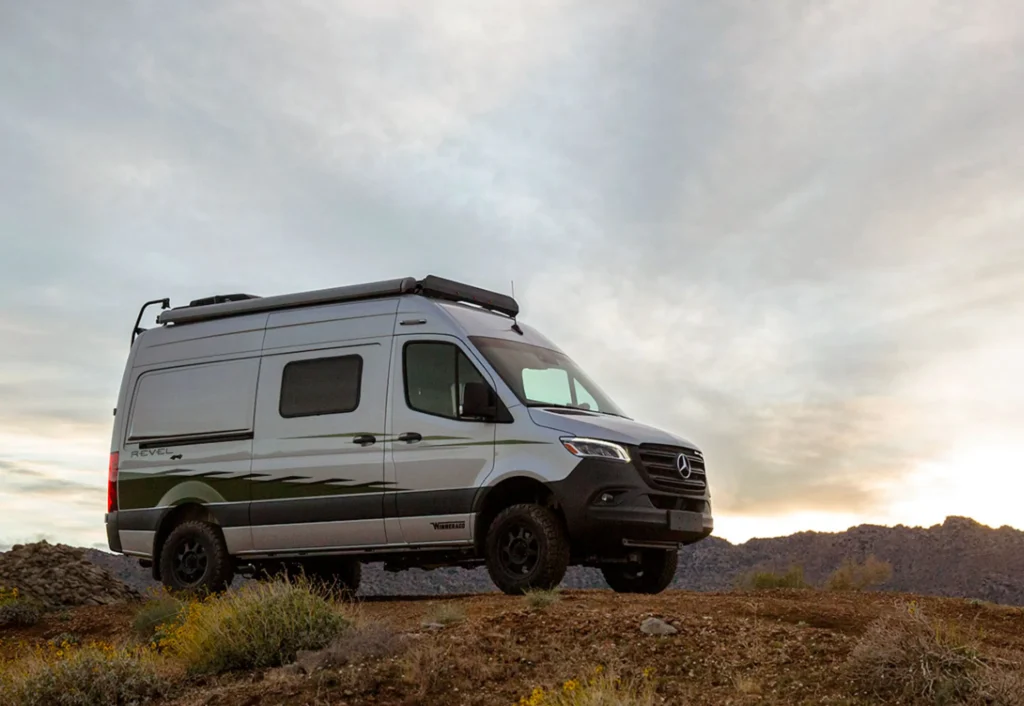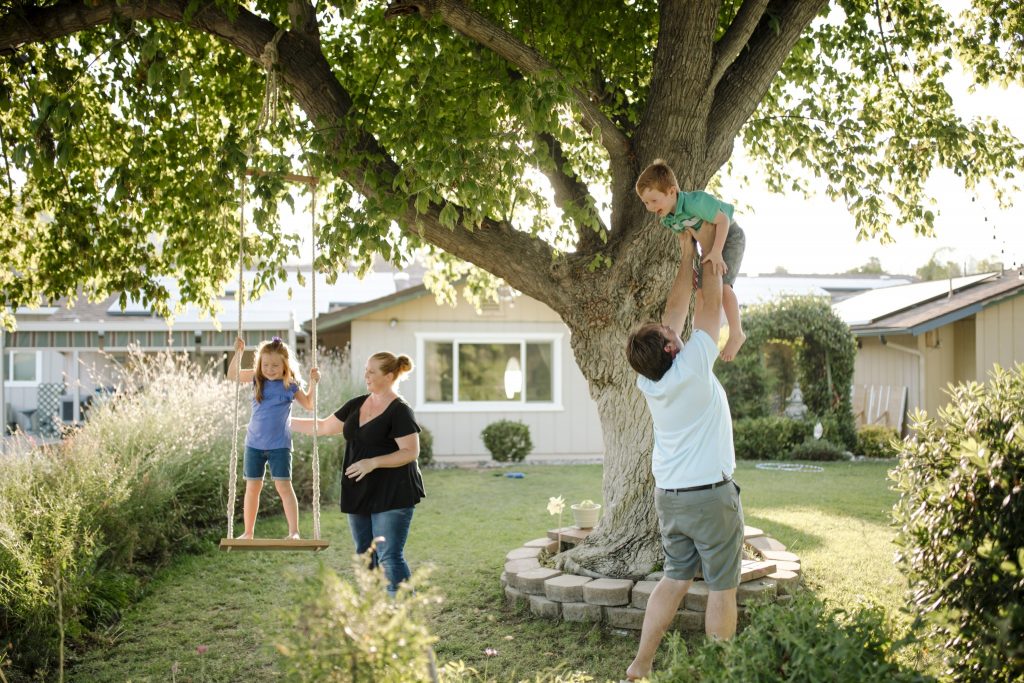When it comes to government, we all have areas of both understanding and ignorance. This is especially true of local government, the realm of city councils, county commissions, and local ordinances. It is simply impossible for one person to have researched everything. Furthermore, topics related to local government can be the trickiest to navigate and often reveal gray areas when it comes to political philosophy.
To this end, we have prepared—and will be constantly expanding—our Local Government Toolkit. Prepared primarily as a resource for local government officials, our Toolkit also provides valuable clarification and perspective for the general public.
The Libertas Guide to Local Government, along with the resources below, can get you up to speed. You can download the PDF of our guide or email localgovt@libertas.org to request one or more printed copies for free.
Featured Topic – Food Trucks
We have worked extensively on food truck related policy. Click an item below to explore our toolkit topic and featured resources.
Food Truck Model Ordinance
This model ordinance is a featured item in our Local Government Toolkit. To download, access this model ordinance via Google Docs. Exception to Local License. A food truck does not need a business license from and may operate in this jurisdiction provided the food truck: has a current health department food truck permit from a […]
How Should Local Government Deal With Food Trucks?
This is an item in our Local Government Toolkit. Food trucks—an increasingly popular type of mobile food vendor—benefit the community you represent in a number of ways: Provide a variety of food options in more locations to residents Enable operators to make a living for themselves and those they employ Provide revenue for the state, […]
Topics Related to Fees
Click an item below to see a specific toolkit topic, or see here for our Local Government Guide for this category.
The Impact of Impact Fees
This is an item in our Local Government Toolkit. As cities and counties grow, taxpayers have to pay costs related to new or upgraded infrastructure—roads, storm drains, water and sewer lines, and so forth. Depending on how your city or county chooses to operate, it’s possible to place the burden of the growth too heavily […]
The Difference Between a Fee and a Tax
This is an item in our Local Government Toolkit. Taxes are collected to raise the revenue necessary to fund the local roads, law enforcement, fire department, and other services that cannot be attributed to a single user or beneficiary. This is in contrast to fees, which fund services that can be measured and attributed to […]
Topics Related to Taxes
Click an item below to see a specific toolkit topic, or see here for our Local Government Guide for this category.
Topics Related to Property Rights
Click an item below to see a specific toolkit topic, or see here for our Local Government Guide for this category.
Getting Started with Cottage Court Starter Homes
A “starter home” lacks an official definition but is generally understood as a smaller home on a smaller lot, like a three-bed, two-bath house under 1,500 square feet on a one-eighth-acre lot.
Getting Started with Small-lot Starter Homes
A “starter home” lacks an official definition but is generally understood as a smaller home on a smaller lot, like a three-bed, two-bath house under 1,500 square feet on a one-eighth-acre lot.
How to Regulate Short-Term Rentals
This is an item in our Local Government Toolkit. When traveling, many residents in the city or county you represent choose to stay in short-term rentals offered on Airbnb, VRBO, etc. Similarly, some residents in your jurisdiction may choose to rent out their property (or a portion of it) to those who wish to visit […]
How to Accommodate Microschools
This is an item in our Local Government Toolkit. In addition to public, charter, and private schools, a relatively new type of school is coming to your city — microschools. Like the name suggests, microschools have smaller class sizes and buildings than typical schools. Here in Utah, there are two types of microschools, each with […]
What to Do About ADUs (Accessory Dwelling Units)
This is an item in our Local Government Toolkit. An “Accessory Dwelling Unit” (ADU) is the technical term used in state and local codes to describe what is commonly called a mother-in-law apartment, basement apartment, accessory apartment, backyard cottage, etc. They are increasingly popular and can benefit your community in the following ways: Enable older […]
What Should Local Regulations on Home-Based Businesses Look Like?
This is an item in our Local Government Toolkit. One of the primary ways you can help protect the health and safety of residents is to ensure your city or county does not prevent residents from earning a living for themselves and, therefore, feeding, clothing, and paying for the housing and healthcare of their families. […]
Should Local Governments Have Lawn Mandates?
This is an item in our Local Government Toolkit. Utahns across the state have various preferences for their lawn and landscaping choices. Some residents may want to help preserve water by experimenting with xeriscaping or “localscaping“, others may want to use a portion of their lawn to grow food for their family, and some may […]
Topics Related to Government Services and the Private Market
Click an item below to see a specific toolkit topic, or see here for our Local Government Guide for this category.
Should Cities Pursue Municipal Broadband?
This is an item in our Local Government Toolkit. Residents you represent may want faster or more reliable internet service than they currently have. One option that sometimes comes up is municipal broadband—where the internet infrastructure or service is funded by the municipality rather than by private companies. While increasing the number of the internet […]
Topics Related to Individual Responsibility
Click an item below to see a specific toolkit topic, or see here for our Local Government Guide for this category.
Regulations for Backyard Chickens?
This is an item in our Local Government Toolkit. Many cities throughout Utah have recognized that the keeping of chickens is compatible with neighborhood living. For example, when properly cared for, the noise and odors from chickens are minimal and hardly noticeable, even in close quarters. Accordingly, it is common to have ordinances that allow […]
RV, Camper, and Trailer Parking
This is an item in our Local Government Toolkit. Many residents you represent own products commonly called RVs, campers, and trailers. An issue that sometimes arises is how these are defined and where they are allowed to park. Prohibiting driveway parking for RVs and campers could prevent residents from owning and parking “adventure vans” in […]
Daytime Curfews for Minors?
This is an item in our Local Government Toolkit. There are at least ten local governments in Utah that make school-aged children who are outside during school hours suspects of a crime. These laws—typically called “Daytime Curfews” in local ordinances—are increasingly rare for the following reasons: More and more minors are participating in educational programs […]
How Many People Can Live in a House?
This is an item in our Local Government Toolkit. You are not required to determine a specific number of occupants for residences in the city or county you represent. Nevertheless, some local governments have ordinances that limit occupancy—for all residences—to as low as three or four. These laws not only remove the judgment of property […]
Topics Related to Transparency
Click an item below to see a specific toolkit topic, or see here for our Local Government Guide for this category.
Topics Related to Law Enforcement
Click an item below to see a specific toolkit topic, or see here for our Local Government Guide for this category.
Topics Related to Public Infrastructure
Click an item below to see a specific toolkit topic, or see here for our Local Government Guide for this category.
Model Ordinances
Click an item below to access a model ordinance for a specific topic.
Home-Based Microschool Model Ordinance
This model ordinance is a featured item in our Local Government Toolkit. To download, access this model ordinance via Google Docs. Are you a local elected official and interested in chatting with us more about this model ordinance? Please reach out to us at localgovt@stg-libertasinstitute-stage.kinsta.cloud—we’d love to chat!
Micro-Education Entity Model Ordinance
This model ordinance is a featured item in our Local Government Toolkit. To download, access this model ordinance via Google Docs. Are you a local elected official and interested in chatting with us more about this model ordinance? Please reach out to us at localgovt@stg-libertasinstitute-stage.kinsta.cloud—we’d love to chat!
Short-Term Rental Model Ordinance
This model ordinance is a featured item in our Local Government Toolkit. To download, access this model ordinance via Google Docs. Are you a local elected official and interested in chatting with us more about this model ordinance? Please reach out to us at localgovt@stg-libertasinstitute-stage.kinsta.cloud—we’d love to chat!
Accessory Dwelling Unit (ADU) Model Ordinance
This model ordinance is a featured item in our Local Government Toolkit. To download, access this model ordinance via Google Docs. Definition. An accessory dwelling unit (ADU)—also known as a mother-in-law apartment, accessory apartment, basement apartment, etc.— is defined in Utah code to mean “a habitable living unit added to, created within, or detached from […]
Home-Based Business Model Ordinance
This model ordinance is a featured item in our Local Government Toolkit. To download, access this model ordinance via Google Docs. Exception to Local License. The use of a residential dwelling for a home-based business is a permitted use and does not require a person to apply, register, or obtain any permit, license, variance or […]
Food Truck Model Ordinance
This model ordinance is a featured item in our Local Government Toolkit. To download, access this model ordinance via Google Docs. Exception to Local License. A food truck does not need a business license from and may operate in this jurisdiction provided the food truck: has a current health department food truck permit from a […]




